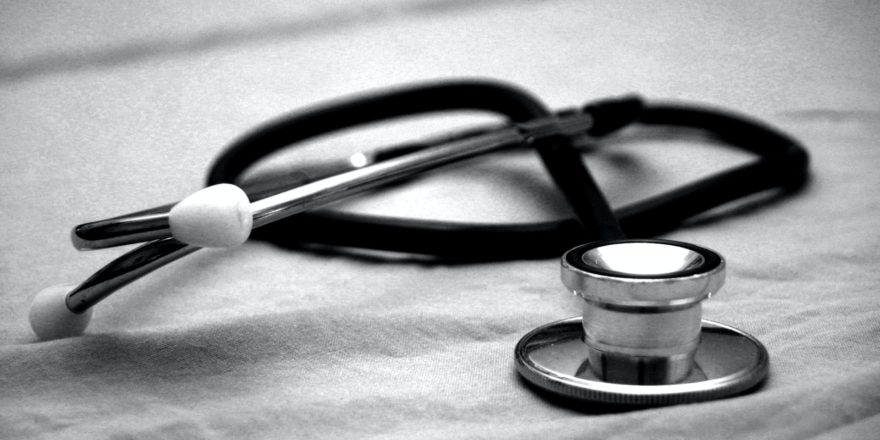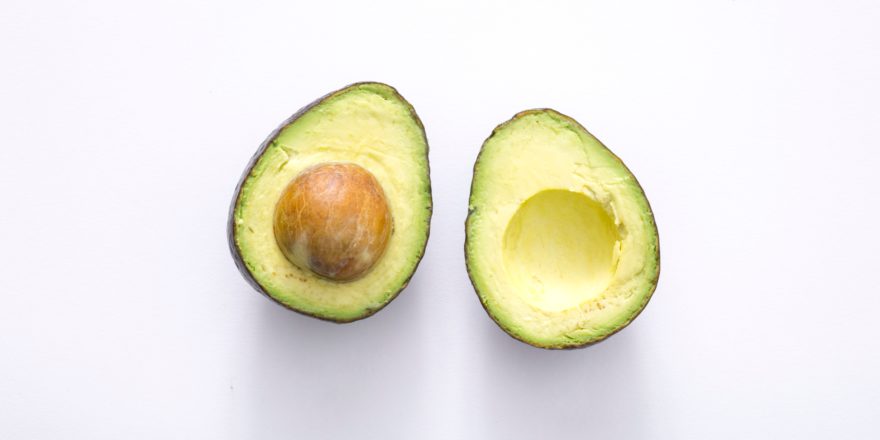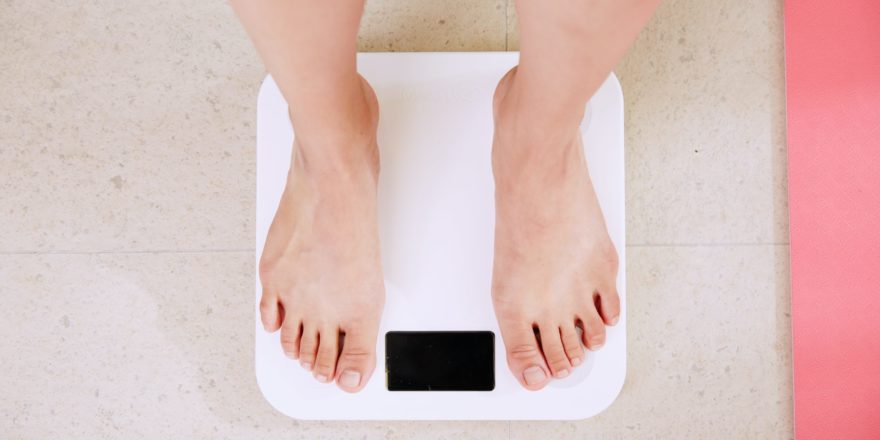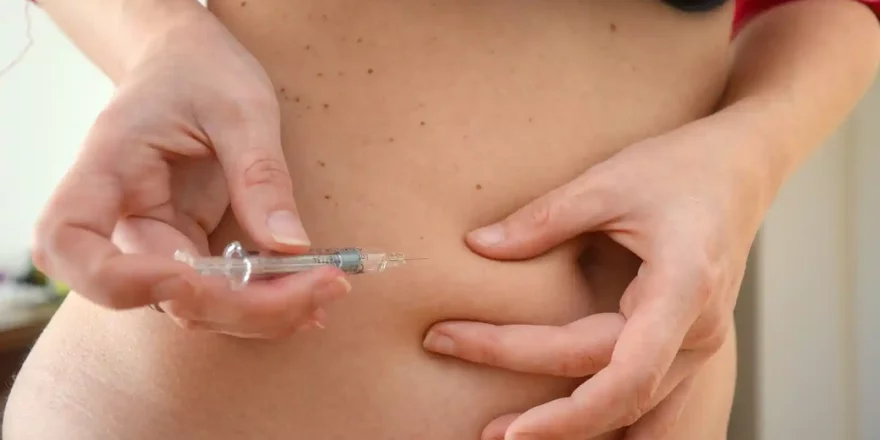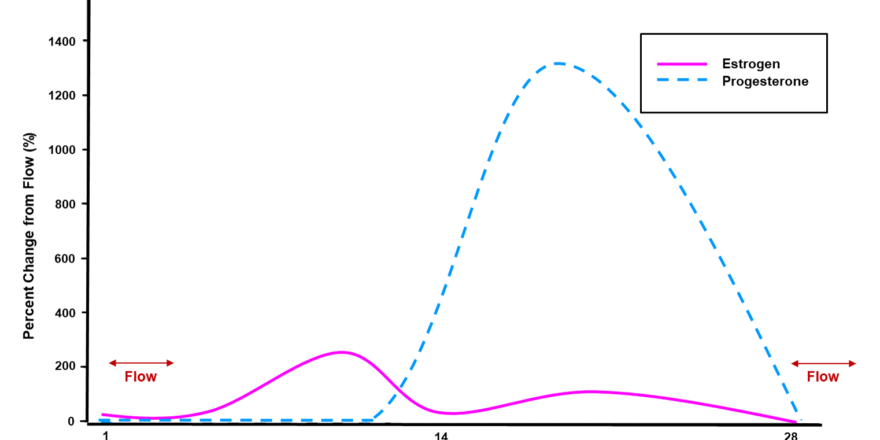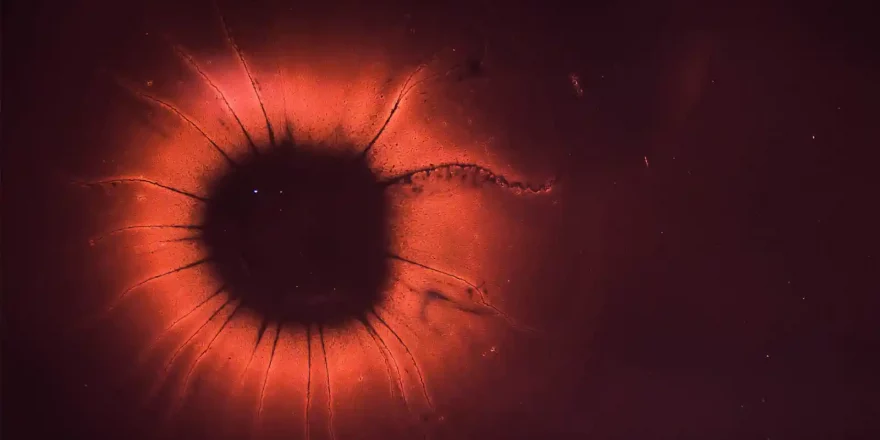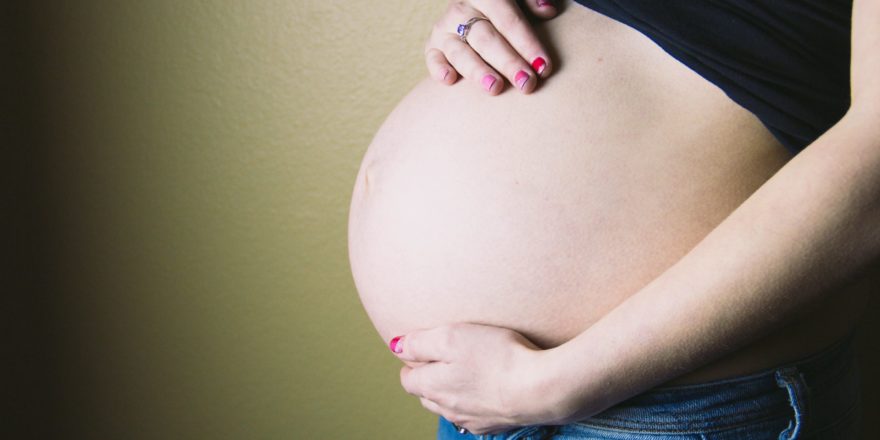The diagnosis of polycystic ovary syndrome (PCOS) is based on the hormonal, structural and metabolic changes that drive the condition. However, there is a lot of confusion around the diagnosis, which isn’t helped by there being three internationally recognised diagnostic criteria being in use, with significantly different diagnosis rates...
Herbs & PCOS
Herbal medicine has been a central part of fertility treatments for centuries, and there are many herbal combinations known to improve ovulation rates. We’ve researched data on the use of herbal medicine for ovulation disorders and found the following published information: Personalised herbal combinations As the PFPs demonstrate, people have ...
Nutrition & PCOS
Nutrition is an excellent treatment option and provides practical ways to reverse the metabolic imbalances of PCOS. Exciting new research into the role of the microbiome is also opening up additional avenues for treatment. Inositols Inositols are DCI-IPG mediators that control sugar metabolism in cells by determining whether sugar that arrives...
Weight Loss & PCOS
Weight loss is the first line of treatment for the majority of women who have PCOS, and for overweight women with PCOS, reducing fat levels dramatically changes hormone balance and improves fertility and birth rates. Losing weight also reduces the chance of other health conditions, including diabetes, hypertension, high cholesterol and heart d...
PCOS & PFPs
PCOS has various causes, and the most successful way to reverse the condition depends on personal fertility dynamics. While many women with PCOS are Fluids PFPs, this isn’t universally true, and a wide range of factors affect women with the condition, and being specific makes all the difference to outcomes. PCOS can develop in a multitude of w...
Natural Treatments PCOS
Natural treatments for PCOS rely on rebalancing the metabolic and hormonal abnormalities that drive the condition. It’s worth remembering that about 30% of young women have polycystic ovaries (but not PCOS), their cycles are regular, and they have no fertility issues due to the polycystic ovaries. The challenges facing the majority of women w...
Medical Treatments
Medical treatments for PCOS usually revolve around the combined oral contraceptive pill for women who aren’t trying to conceive, as they manage sex hormone levels and induce regular periods. They make pregnancy highly unlikely but reduce excess hair growth. When women want to get pregnant, and they’d like to take a medicated route, we advise t...
Abnormal Hormone Levels
Hormone levels are a central aspect of polycystic ovary syndrome (PCOS), and exposure to hormones as a foetus has significant consequences for the girl as an adult. Elevated androgens and Anti-Mullerian hormone (AMH) as a foetus alter the hormonal balance of girls after they reach puberty. However, adult hormones are heavily influenced by die...
Inflammation
Inflammation is a core part of PCOS, even though irregular ovulation, high testosterone and abnormal ovaries are the stand-out features of the condition. i For many (but not all) women the inflammation is closely linked to obesity and insulin resistance: 80% of obese PCOS women have insulin resistance 30-40% of lean PCOS women have insulin re...
Development in the Womb
A baby girl’s development in the womb significantly affects her chances of having PCOS as an adult. There are two ways a baby’s development while in the womb can later affect the baby girl as an adult. The baby’s womb environment is heavily influenced by what’s going on in the mother’s body, especially her hormone balance, and pregnant women ...

